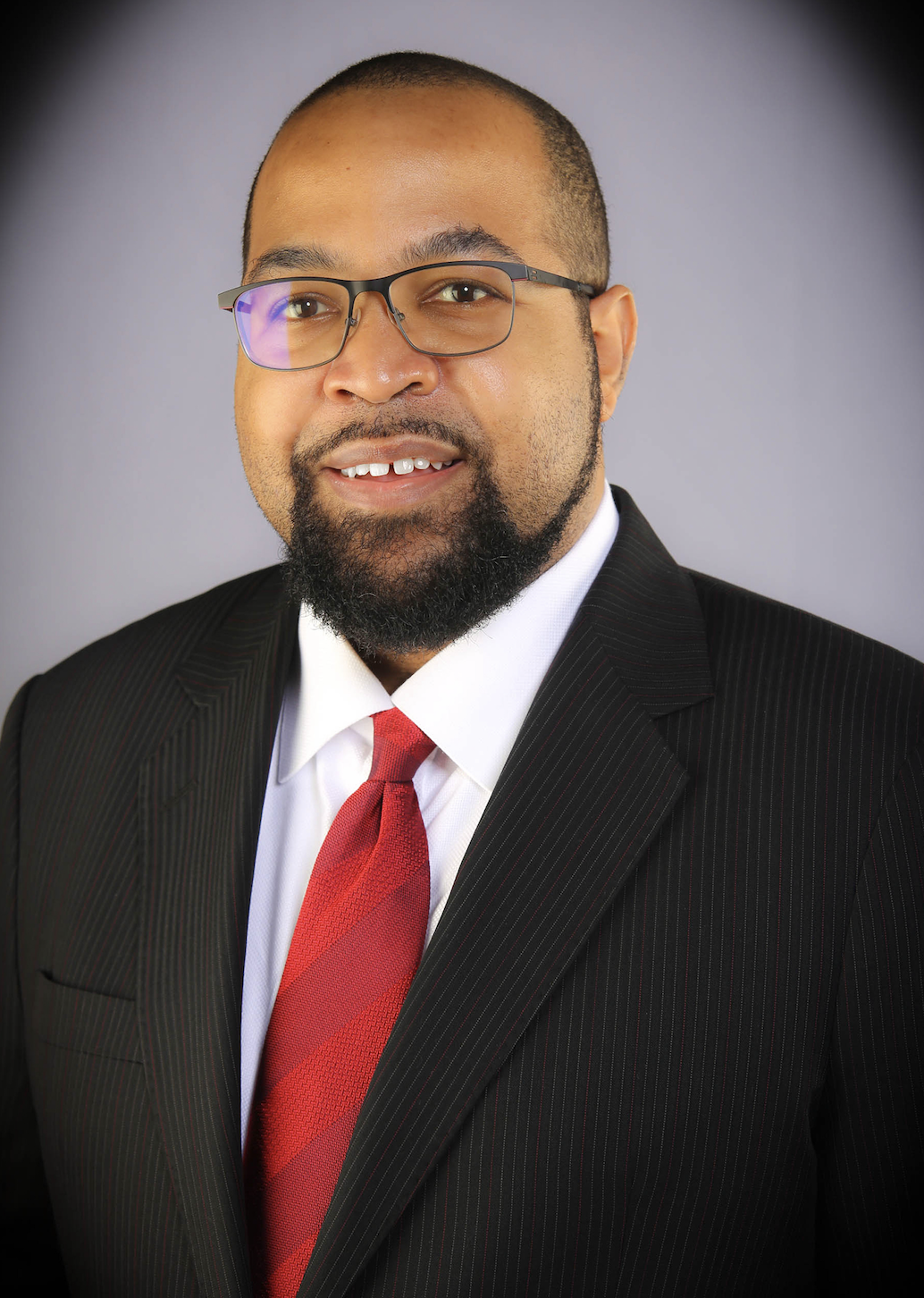By John Thomas III, Ph.D., Editor
A few weeks ago, while catching up on emails, I noticed a request from Bishop James L. Davis to participate in a letter-writing campaign. Intrigued, I opened the email and watched a video presentation from the Rev. William Miller and the Reverend Dr. James Keeton outlining a campaign of action for the Annual Conference year throughout the 7th Episcopal District. This campaign is initially composed of two actions: letter writing to government officials and a consistent presence at county commission and school board meetings. The simplicity—yet earnestness—of the campaign immediately struck me. Churches have been grouped by county to attend the designated meetings, and the coordinators of the campaign are to provide sample letters and a rotation of topics and people to be addressed. As of this writing, the first batch of letters to South Carolina Congressman Joe Wilson (famous for yelling “You Lie!” during President Obama’s 2009 joint address to Congress) will be in the mail.
At this point in our nation’s history, the barrage of harmful actions coming from the federal government compounds preexisting policies enacted in areas across the nation at the state and local levels. From voter ID laws to restrictions on women’s reproductive rights to book bans and diversity, equity, and inclusion (DEI) witch hunts, it seems that we are in an ever-present state of mobilization to protect our rights—and indeed our lives. The African Methodist Episcopal Church describes itself as the first major religious denomination founded in response to social differences (i.e., racial discrimination) rather than theological differences. A common saying heard across the denomination is, “Social Action is in our DNA.” We know that the AME Church has birthed countless activists and public servants globally who embody the AME mission “to minister to the social, spiritual, and physical development of all people.”
Despite our storied legacy and heritage of activism, the current moment calls us to take a serious look at our structures and engagement and ask ourselves, “Is it enough?” The AME Social Action Commission was created at the height of the Civil Rights Movement in 1964 to ensure that the Connectional Church had an infrastructure to nurture and guide engagement. In our book of Discipline, Social Action Commissions are to be established at the local, Presiding Elder District, Annual Conference, and Episcopal District levels to ensure a robust and responsive network. A cursory overview of our Connectional Social Action structure finds an underfunded Connectional Officer and an uneven development of Social Action Commissions, with some Episcopal Districts having strong networks and others having Commissions in name only—if they are present at all. Social Action is one of the few instances in our church where we have seen birth, lay, and clergy leadership flourish, so it is distressing to see that in this moment, the Connectional apparatus has been neglected.
Yet, at this moment, there is hope for our Social Action initiatives across the Connection. The AME Church is uniquely positioned to equip its members to be change agents for good in their communities. We have the structure, history, and knowledge to do so. We now must implement the “will.” I am hopeful that the reignited initiatives in the 7th Episcopal District will inspire others to realize that Social Action is as simple as writing a letter to say what you believe in or taking a few hours to go to a meeting to let your elected representatives know that you will hold them accountable for their actions. We must also encourage our Connectional Social Action Commission and respond positively to their requests for resources. This is not the time to be cheap with Social Action—and indeed, it never was.
When you are distressed by something you have heard or seen on the news or from your friends, remember that as Christians, we are empowered by God through the Holy Spirit to be the light of the world. Ask your pastor, Presiding Elder, or Bishop about the Social Action Commission at your level. And if there’s not one—create it. There is plenty of work to do, and as our current Connectional Director of Social Action is fond of saying, “It’s our watch.”






Great article! there has been a social action in the Fourth but not as consistent as what the Seventh is during. Hopefully all the other districts will get actively involved after reading this article. If it was ever needed, it sure is needed today!
Thank you so much Dr. Thomas for this article.